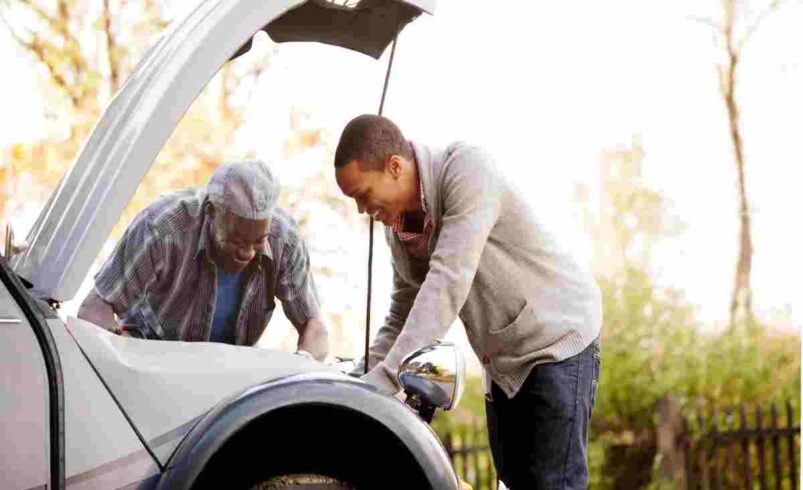Broken Car
For a lot of people, getting rid of a broken car isn’t just about logistics — it’s about letting go of something that once had value. It might remind you of your first road trip, your old job, or just a time when things worked the way they should. But if that car hasn’t moved in months and keeps costing you money, it might be time to take a closer look.
Let’s break down why holding onto a broken car can hurt your wallet more than you think, and how letting it go, even if it feels a bit strange, can be a solid financial move.
The Real Cost of Keeping a Broken Car
You might think that keeping an old car parked in the driveway isn’t doing much harm. But even a car that doesn’t run can quietly drain your money.
For starters, there are the obvious things like registration and insurance. In Australia, these can easily cost a lot, even if the car isn’t moving. On top of that, you might still be paying for roadside assistance or inspections just to keep it legal.
Then there’s the risk of fines. Some councils have rules against unregistered or damaged vehicles sitting in driveways or on the street. If your car is leaking oil or looking a bit neglected, you could end up with a warning or a fine.
And even if you’re not spending money on it right now, the car itself is still losing value. The longer it sits there, the less it’s worth — especially if it’s exposed to the weather.
What You Gain by Letting It Go
Selling a broken car might not sound exciting, but there’s a practical upside: quick cash and fewer headaches.
Instead of paying to fix it, advertise it, or deal with buyers who never show up, you can get a simple quote and arrange a pickup. In most cases, the buyer will tow it away for free and pay you on the spot. That saves time and removes any pressure to “fix it up” before you sell.
Even if the car isn’t worth much, the cash you get can still go toward something better — like a deposit for your next car, paying off a bill, or even just giving you some breathing room financially.
Space and Environmental Perks You Might Not Have Considered
Old cars tend to leak fluids over time — things like oil, coolant, or brake fluid — which can damage your driveway or seep into the soil. That’s not great for the environment or your property.
The good news is, when a car gets scrapped properly, a lot of its parts can be recycled. Up to 80% of a car’s materials can be reused — from the metal frame to smaller components. So you’re not just clearing space; you’re also making a cleaner choice.
And that space? You could use it for storage, a small workshop, or even just enjoy having a clean driveway again. It’s a quiet win that adds up over time.
How It Usually Works
If you’ve never sold a broken car before, the process is usually pretty simple. You give a few basic details — like the car’s make, model, condition, and location. Then you get a quote. If you’re happy with the offer, you can lock it in and schedule a pickup time that suits you.
You’ll need to show some ID and proof that the car’s yours — usually the rego papers or a transfer form. Even if the car’s missing parts like the battery or wheels, it can still be accepted.
Most pickups happen within a day or two, and the payment is made on the spot — either in cash or by bank transfer.
How to Choose the Right Buyer
Not all cash for cars service providers operate the same way. Some may offer a high quote, then lower it at the last minute. Others might delay pickup or add hidden fees.
It’s a good idea to get quotes from at least two or three places so you can compare. Look for ones that are upfront about pricing, offer free towing, and don’t charge you for paperwork or admin fees.
If you’re not sure who to go with, check online reviews or ask someone who’s gone through the process. A quick bit of research can save you a lot of hassle.
Final Thoughts
Keeping a broken car “just in case” often ends up costing more than people realise. What starts as a temporary decision can drag on for months or even years — quietly costing money, taking up space, and adding stress.
Letting go might feel like a hassle at first, but it usually turns out to be one of those decisions that brings more relief than regret. You free up space, save money, and move one step closer to something more useful.


